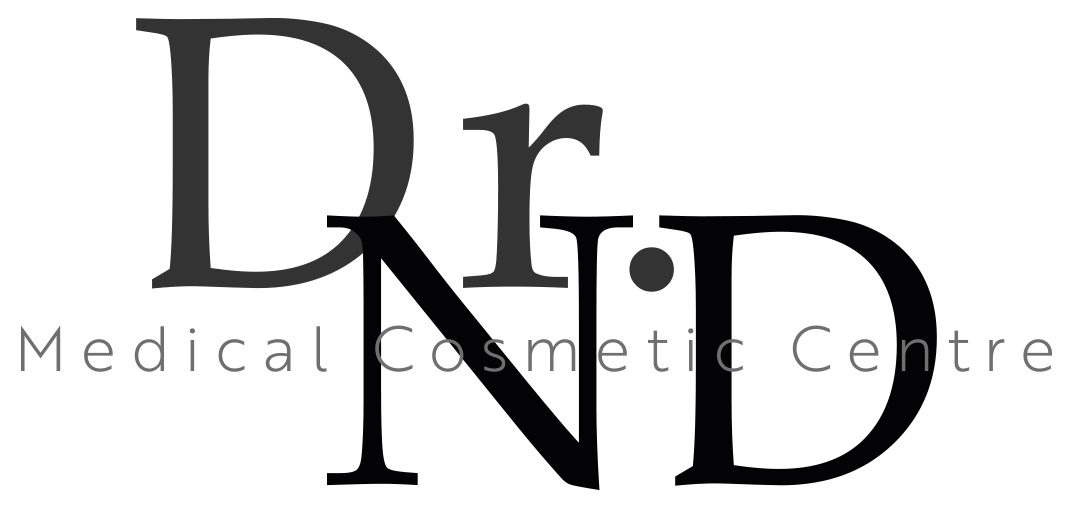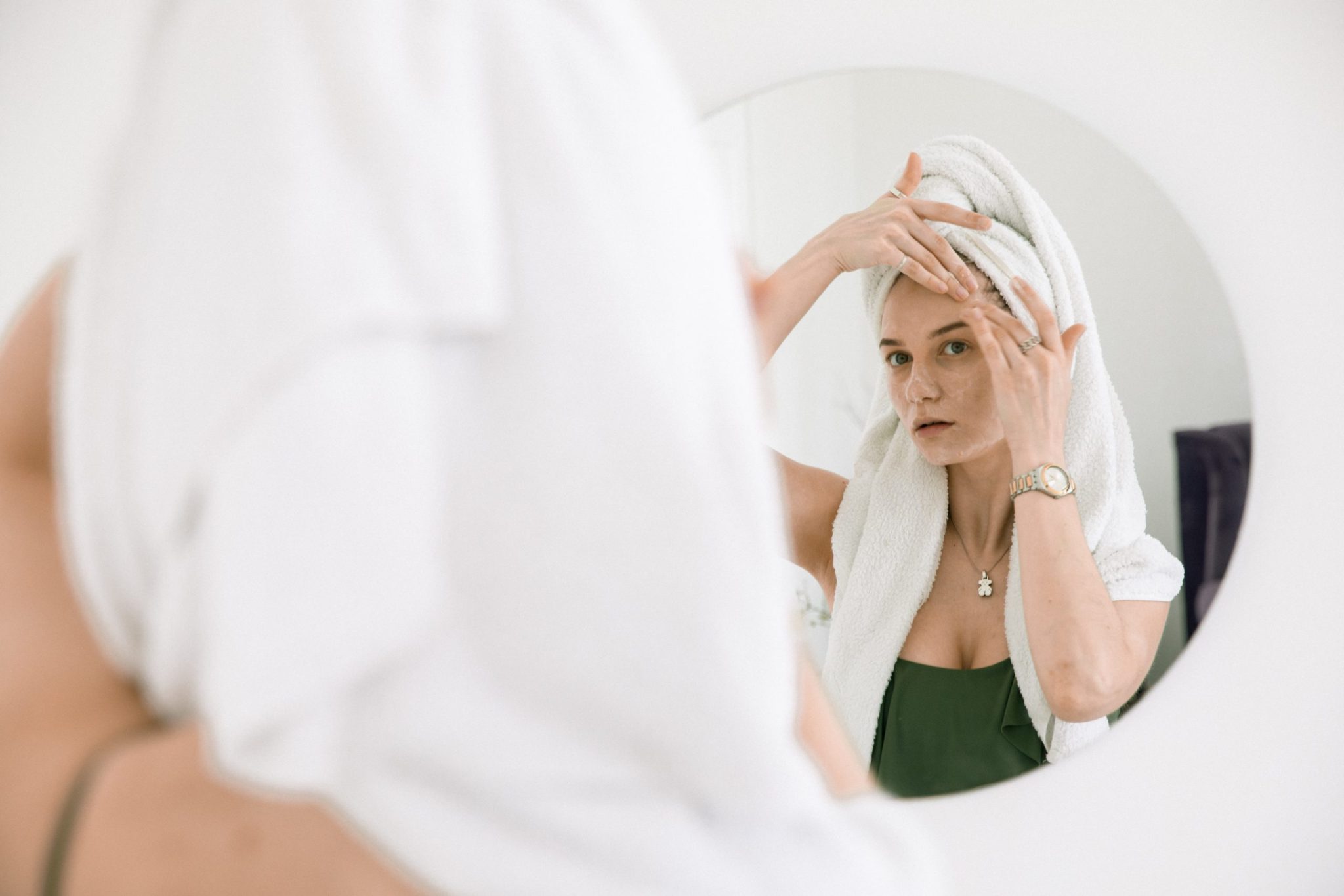Many factors can impact how your skin looks and feels and the kind of skincare routine that works best for you. Ageing, diet, and changes in weather can all influence your skin’s health. Perhaps you’ve spent years perfecting the way you cleanse, tone and moisturise, only to find something isn’t working. Rather than sticking with it and hoping for the best, it might be more effective to change things up.
So how do you know if your current practice isn’t working for your complexion? Here are a few of the top signs that you may need to change your skincare routine…
Skin breakouts
A range of things can trigger breakouts. You may notice more zits and spots at certain times of the month, caused by hormone fluctuations. However, if you notice consistent breakouts, you may want to look at your skincare routine. Is there a product you’re reacting to? It can be a good idea to cut certain creams or washes out to see if that’s the route.
For persistent acne, you might like to try a more intensive acne treatment, like our ZO Acne System. Why not get in touch with our friendly team for a consultation?
Dry skin
Dry skin can also be caused by health and wellbeing factors. Menopause, for example, can cause dry skin. This is due to reduced levels of naturally occurring hyaluronic acid, which keeps your complexion firm and hydrated. As you get older, you may need to alter your skincare routine to include more hydrating products. You may also like to explore the option of injectable hyaluronic acid, which can boost your skin’s moisture levels.
Dryness can also be a result of using products that contain harsh ingredients. Try to avoid those that contain artificial fragrances and preservatives, alcohol, benzoyl peroxide, alcohol or salicylic acid.
Oily Skin
Oily skin can be another sign that it might be time to change your skincare routine. Sometimes, using too much exfoliator or cleanser can cause excess oil buildup, which, in turn, can cause spots and acne.
It’s essential to cleanse in the evening so your skin can balance its natural oils as you sleep. And contrary to popular belief, some level of oil is a good thing! Washing with harsh chemicals or scrubbing and cleansing in the morning can strip the skin of a healthy level of oil.
Many people avoid moisturising when their skin is oily for fear it will create more buildup. However, maintaining a good hydration level is vital, as it prevents your skin from producing more oil to compensate for a lack of moisture.
Irritation, burning or stinging
Is your skin feeling particularly sensitive? Any kind of unpleasant burning or tingling sensation (that lasts longer than three seconds) indicates that you may have a reaction to certain products. Try looking for scrubs, washes, or creams designed for sensitive skin.
You may notice increased skin sensitivity in the winter, too. Cold, windy weather can cause chapped areas, particularly on your lips. Try to use protective moisturisers and lip balms to keep weather impact at bay.
Small white bumps
Have you noticed clusters of bumps? Though they may at first look like pimples, these bumpy areas could be milia. Newborn babies frequently develop milia. However, in adulthood, the bumps are likely due to your skincare routine.
Heavy moisturisers or using body moisturiser on your face can clog the pores and lead to milia. You could try looking for a lighter moisturiser and avoid those that contain paraffin or petroleum.
Redness or discolouration
Another indication that you might want to change up your skincare routine is the appearance of redness or discolouration.
Pigmentation can come in a variety of forms. Redness could be due to washing your face with excessively hot water or from using harsh, drying beauty products. Alternatively, long-term rosacea on your cheeks could be down to ageing, hormonal changes or genetics. Some people find their rosacea is triggered by factors such as stress, alcohol or sun exposure.
The right skincare routine can help manage the condition, and you can also look into treatments such as a Clinical Skin Care System or IPL treatment.
IPL treatment, which stands for Intense Pulsed Light, can also be an effective way of reducing discolouration from sun damage and pigmentation due to ageing. It involves beaming certain light frequencies onto your skin to minimise colouration.
Effective skincare
Finding the most suitable skincare routine can take a bit of trial and error. Changes in your lifestyle, health and even the weather can lead to the need to change your routine, too. If you notice any of the above signs, it might be a good idea to evaluate your daily skincare routine and work out what needs altering.
For more persistent issues, you may also wish to explore acne treatment, IPL, or injectable hyaluronic acid. You can find all of these treatments and more at our Dr Nestor cosmetic clinic in Edinburgh. If you have any questions or would like a consultation, feel free to contact our friendly team to see how we can get your skincare back on track.

